In-person Tutorials (All times COT)
Virtual Tutorials: (All times COT) Presented through the conference virtual platform
Tutorial IP2: GA4GH: An introduction to federated genomics using the GA4GH Starter Kit and real-world data platforms
Room: TBD
Date: Tuesday, November 12, 09:00 - 13:00
Speakers:
- Chen Chen, Global Alliance for Genomics and Health; Ontario Institute for Cancer Research
- Alex Tsai, Global Alliance for Genomics and Health; Ontario Institute for Cancer Research
- Dashrath Chauhan, Global Alliance for Genomics and Health; EMBL-EBI Cambridge, United Kingdom
Max Participants: 12
Description
The Global Alliance for Genomics and Health (GA4GH) is an international technical standards-setting organization, enabling genomic data sharing. Through its standards, GA4GH aims to promote a federated model of data sharing, in which researchers can seamlessly access data from multiple sources in an international network using common tools and protocols, and data providers can securely share data with trusted researchers while still maintaining ownership and control over their data. In this tutorial, we explore four GA4GH standardized API interfaces that enable federated data access and analysis. The first API standard, Data Repository Service (DRS), provides minimal metadata and access information about files that can be used as input to analytical workflows. The second standard, Workflow Execution Service (WES), enables researchers to remotely run workflows defined in Common Workflow Language (CWL), Workflow Description Language (WDL) or Nextflow on an input dataset of interest. The third standard, Data Connect, allows researchers to search and filter biomedical datasets based on criteria of interest. Lastly, GA4GH Passports grants researchers fine-grained permission sets for data and compute resources they are allowed to access and is used to control researcher access to resources behind the other three APIs.
In this tutorial, we deploy a server implementation network of the four API standards using a reference implementation suite known as the GA4GH Starter Kit. We run search, access, and analyze protocols on our local GA4GH network. Overall, we aim to give tutorial participants hands-on experience with the core GA4GH standards that enable federated analysis, from both the perspective of the researcher making use of these web services, and the data provider setting up secure, GA4GH-compliant services.
Learning Objectives
- Gain an understanding of the key GA4GH standards in controlled data access,
- data discovery, and workflow execution, and how they enable federated genomic
- analysis
- Set up a local network of GA4GH web services using out-of-the-box
- implementations, the GA4GH Starter Kit.
- Run the step-by-step tutorial to demonstrate federated analyses, data discovery
- and controlled access to test datasets.
Intended Audience and Level
We expect attendees to be familiar with a programming language (code/script examples will mainly be done in Python), and have some understanding of web programming principles, such as REST APIs. Students should ideally have knowledge of containerization technologies such as Docker, as this will be used to set up the Starter Kit.
We do not require attendees to have any prior knowledge of GA4GH or GA4GH Standards.
Schedule
Coming soon
- top -
Tutorial IP3: Multiomics integration: fundamentals and applications
Room: TBD
Date: Tuesday, November 12, 09:00 - 17:00
Speakers:
- Natalia Pietrosemoli, Institut Pasteur, Université Paris Cité
- Claudia Chica, Institut Pasteur, Université Paris Cité
Max Participants: 20
Description
This tutorial introduces students to methods for studying biological systems using various OMIC data types, employing a multi-omics approach. The goal is to identify potential interactions or correlations between entities across different OMIC layers. A given transcript, for instance (transcriptomic later), can be correlated with multiple proteins (proteomic layer). The methods explored in this tutorial are chosen based on the type of biological questions addressed and the available data types. These methods allow visualization, exploration, and summarization of relevant relationships among OMIC datasets.
The need for OMIC integration approaches is growing as more research projects simultaneously measure different types of high-dimensional data. Integrative analysis methods are crucial to handle this complexity, which in turns allows answering more complex questions and provides a more comprehensive understanding of biological systems.
In this training, we will first present the fundamental data pre-processing concepts and their impact on integration, including missing data and data distribution. Then, we will explore various multi-omic integration approaches, including:
- Data-driven, using existing functional annotations such as biological pathways.
- Dimensionality reduction, for example Multi-Omics Factor Analysis (MOFA) and Joint and Individual Variation Explained (JIVE).
- Network theory, for example Weighted Gene Co-expression Network Analysis WGCNA.
These approaches will result in different types of integrations, including horizontal, parallel, and hierarchical that are mainly dependent on the available OMICs. This course aims to equip participants with a robust understanding of current integration approaches, empowering them to address specific biological questions using available OMIC data. Upon completion, participants should identify questions suitable for multi-omics integration and choose appropriate methods tailored to their scenarios. More importantly, they should be able to tackle new questions as competent decision-makers.
We offer a multi-level tutorial suitable for trainees with both beginner and intermediate skills in OMIC data analysis. Each topic includes one or more exercises designed to deepen the understanding of critical concepts through hands-on experience on selected datasets. These hands-on exercises are designed to accommodate trainees with heterogeneous backgrounds (e.g., life sciences, computer sciences) and varying proficiency levels in OMIC data analysis. The material provided includes theoretical content and hands-on exercises with all necessary code, presented as R Markdowns. All materials are hosted in GitLab repositories, which will be publicly available. Materials are in English, but the course can be given in English or Spanish.
Participants will benefit from the teaching team's experience as computational biologists at the Bioinformatics and Biostatistics Hub of Institut Pasteur (IP) in Paris, collaborating with IP’s wet lab scientists. This collaboration encompasses data analysis, method development, and bioinformatics/biostatistics training for the campus. In addition to courses for PhD students at Institut Pasteur and for French universities, the teaching team has extensive experience in international training activities across Latin America (Ecuador, Colombia, Peru), Africa (Tunisia), Asia (Vietnam), and European consortiums.
Drawing from its experience as a lecturers and instructors, the teaching team believes that providing comprehensive training to students and researchers on the formal basis of bioinformatic and biostatistic methodologies is paramount for fostering successful collaboration between wet and dry lab environments. Indeed, regardless of the specific research subject in life sciences, there is a significant need for an advanced understanding on data analysis.
Learning Objectives
- Become familiar with the principles, flavours and challenges of OMIC integration.
- Understand fundamental data pre-processing concepts and their impact on integration,
- including missing data (data imputation), and data distribution (normalization and
- scaling).
- Demystify the use of complex integrative methods through hands-on applying
- statistical approaches such as dimensionality reduction, and network-based methods.
- Develop an informed perspective on the key issues to make methodological choices
- according to the data available and the biological question(s).
- Apply and integrate good practices for data analysis in R/RStudio.
Intended Audience and Level
This tutorial is open to all scientists (students, postdocs, and researchers) involved in projects comprising various types of OMICs datasets. No prior knowledge of integration methods for OMICs data is required. However, previous experience with any OMICs data analysis (transcriptomics, proteomics, epigenomics) is highly encouraged. Familiarity with R/RStudio is necessary, including understanding the RStudio environment, R syntax, and package installation, though coding expertise is not mandatory.
Schedule
Coming soon
- top -
Tutorial IP4: Bioinformatic tools for genome assembly and comparative genomics
Room: TBD
Date: Tuesday, November 12, 09:00 - 12:30
Speakers:
- Jorge Duitama, PhD, Universidad de los Andes
- Laura Gonzalez, PhD(c), Universidad de los Andes
- Johanna Stepanian, MSc, Universidad de los Andes
Max Participants: 30
Description
The availability of new technologies to obtain accurate long DNA sequencing reads enabled the construction of high quality genome assemblies for complex organisms and streamlined the production of chromosome-level assemblies for most microorganisms. This course aims to provide basic knowledge on the current genome assembly process, including practical training on some of the tools available for assembling genomes from long reads (HiFiAsm, Flye and NGSEP). The course also includes practical training on common tools for evaluation of genome assemblies to obtain statistics such as N50, gene completeness and QV scores. Finally, we will cover some basic tools to align genomes and perform comparative genomics to provide further context on downstream analysis of genome assemblies.
Learning Objectives
- Understand basic concepts of genomics and technologies for DNA sequencing and genome
- assembly
- Practice with bioinformatic tools for genome assembly, evaluation and comparative
- genomics
- Visualize and compare genomes
Intended Audience and Level
This tutorial is designed for individuals with basic knowledge in molecular biology and bioinformatics. Experience on command line usage is also required. Previous experience in genomics is desirable.
Schedule
- top -
Tutorial VT1: Exploring the new Ensembl Genome Browser to retrieve genomic data
Date: Thursday, November 7, 10:00 - 14:00
Speakers:
- Louisse Paola Mirabueno, Ensembl Outreach Officer, EMBL-EBI
- Dr Jorge Batista da Rocha, Ensembl Outreach Project Leader, EMBL-EBI
- Dr Juan Pablo Narváez Gómez, ARISE MSCA Research Fellow, EMBL-EBI
Max Participants: 40
Description
The Ensembl Genome Browser has been an indispensable tool in the field of genomics, aiding scientists around the world in their research for over 20 years. The Ensembl database provides visualisation and comprehensive analyses of integrated genomic data, including genes, variants, comparative genomics and gene regulation, for over 2,000 eukaryotic and over 30,000 prokaryotic genomes. With the rapid growth of genomic data in the past decades, a new Ensembl Genome Browser (https://beta.ensembl.org/) has been designed to provide a more robust and efficient platform. The new platform offers enhanced features, improved data visualisation, and a more intuitive user interface.
This online tutorial is an introduction to the new Ensembl genome browser, which presents genomic features for approximately 3,000 species with a new user interface, including visualisation of genes and variants on the Human Pangenome Reference Consortium (HPRC) assemblies. Participants will have the opportunity to learn about the range of data available through the new platform, gain hands-on experience in navigating the new Ensembl website to retrieve and interpret data and think about how this data might be informative for their research. The tutorial will also highlight the improvements in the new platform and how these enhancements can significantly aid in genomic research. Importantly, participants will also be able to engage with the Ensembl community, finding sources of help and documentation.
Learning Objectives
At the end of this course, participants will be able to:
- Access the main data types through the new Ensembl web browser platform: genomes, genes and genetic variation.
- View genomic regions and manipulate the view to add features.
- Explore information about genes and their sequences.
- Analyse genomic variants and associated phenotypes.
Intended Audience and Level
This is an introductory workshop that is aimed at wet-lab scientists and bioinformaticians from all levels who are new to using Ensembl, have not yet discovered the power and depth of the resource, or would like to explore the new browser platform
Schedule
Coming soon
- top -
Tutorial VT3: Identification of Tissue Microenvironments using Spatial Transcriptomics
Date: Friday, November 8, 10:00 - 14:00
Speakers:
- Karla Paniagua, University of Texas at San Antonio
- Mario Flores, University of Texas at San Antonio
Max Participants: 30
Description
In biomedical research, understanding the dynamics of microenvironments within tissues is crucial for unraveling disease mechanisms, identifying therapeutic targets, and developing personalized treatment strategies. Spatial transcriptomics technologies are recognized as powerful tools for visualizing and analyzing gene expression profiles within their spatial context in various tissues and disease conditions. However, deciphering the complex interactions between different cell types, their spatial organization, and gene expression patterns presents significant challenges. This tutorial aims to address these challenges by providing participants with a comprehensive understanding of spatial transcriptomics data analysis, through the use of deep learning algorithms. The tutorial will cover preprocessing techniques, integration of multimodal data, implementation of deep learning algorithms, and downstream analysis of identified microenvironments. By the end of the tutorial, participants will be equipped with the necessary skills to analyze spatial transcriptomics data, identify tissue microenvironments, and apply downstream analysis tools across different disease contexts. This will enable advancements in understanding the complex interplay within tissue microenvironments and its implications for disease progression, prognosis, and treatment strategies
Learning Objectives
Participants in this tutorial will gain a comprehensive understanding of key preprocessing methods for spatial transcriptomics data. They will learn innovative techniques to integrate multimodal data available with spatial transcriptomics and implement advanced deep-learning models, including a Transformer algorithm and a graph autoencoder. By interpreting the outputs of these models, participants will identify spatial microenvironments and apply downstream analysis tools to enhance their understanding of these microenvironments.
- Utilize key preprocessing methods for spatial transcriptomics data.
- Apply common deep-learning algorithms to process morphology images.
- Explore new methods to integrate multimodal data provided by spatial transcriptomics.
- Implement a deep-learning algorithm composed of a Transformer algorithm and a graph autoencoder to process the multimodal data representation.
- Interpret the output of deep-learning models to identify spatial microenvironments.
- Apply downstream analysis tools, such as differential gene expression (DGE), and enrichment analysis, to better understand the identified spatial microenvironments
Intended Audience and Level
This tutorial is aimed at researchers, data scientists, and bioinformaticians interested in spatial transcriptomics and its applications, in understanding microenvironments within tissues, and in learning the implementation of deep-learning algorithms to process spatial transcriptomics data. Basic Knowledge of Bioinformatics and Computational Biology concepts is expected.
Schedule
Coming soon
- top -

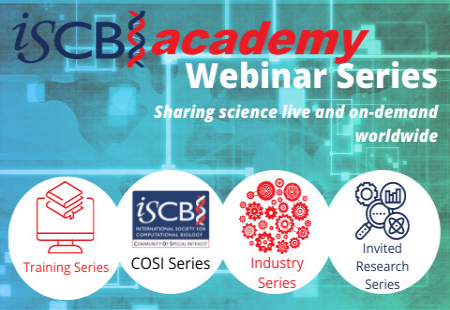

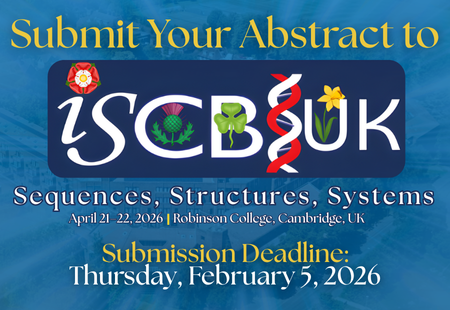
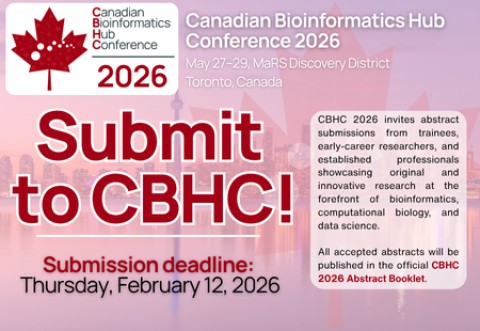
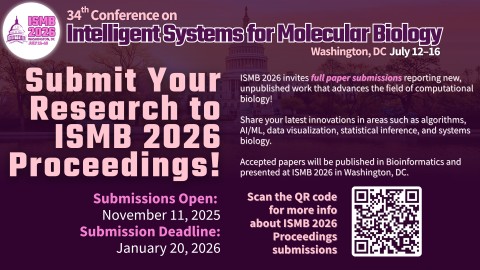

















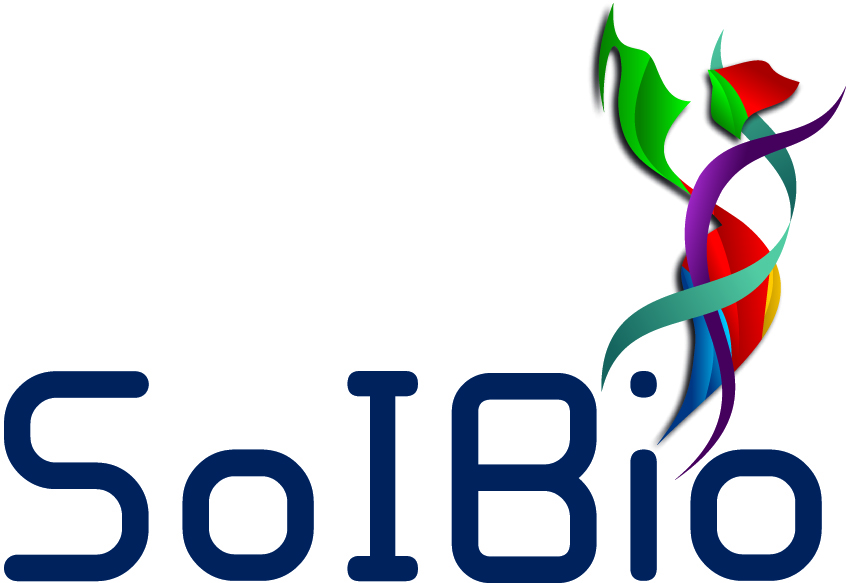

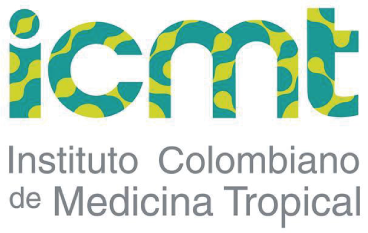
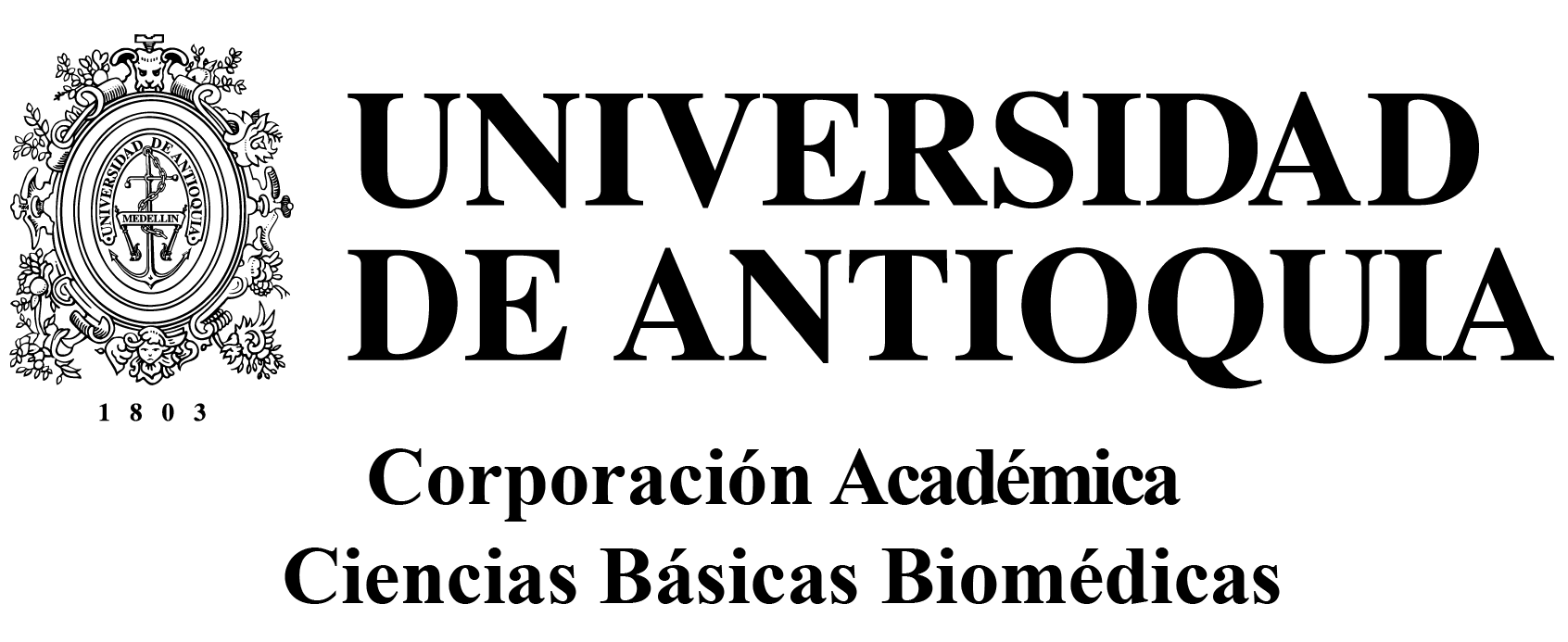
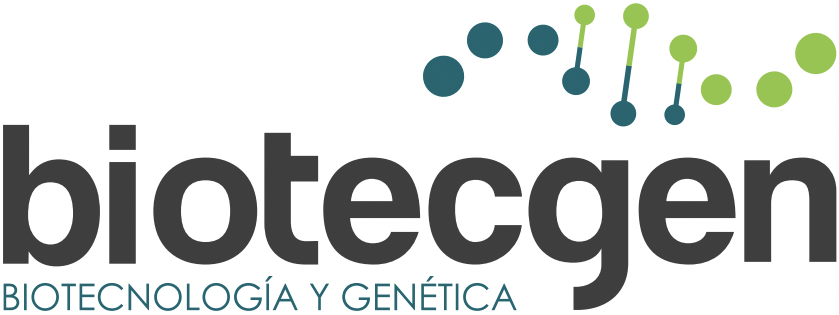
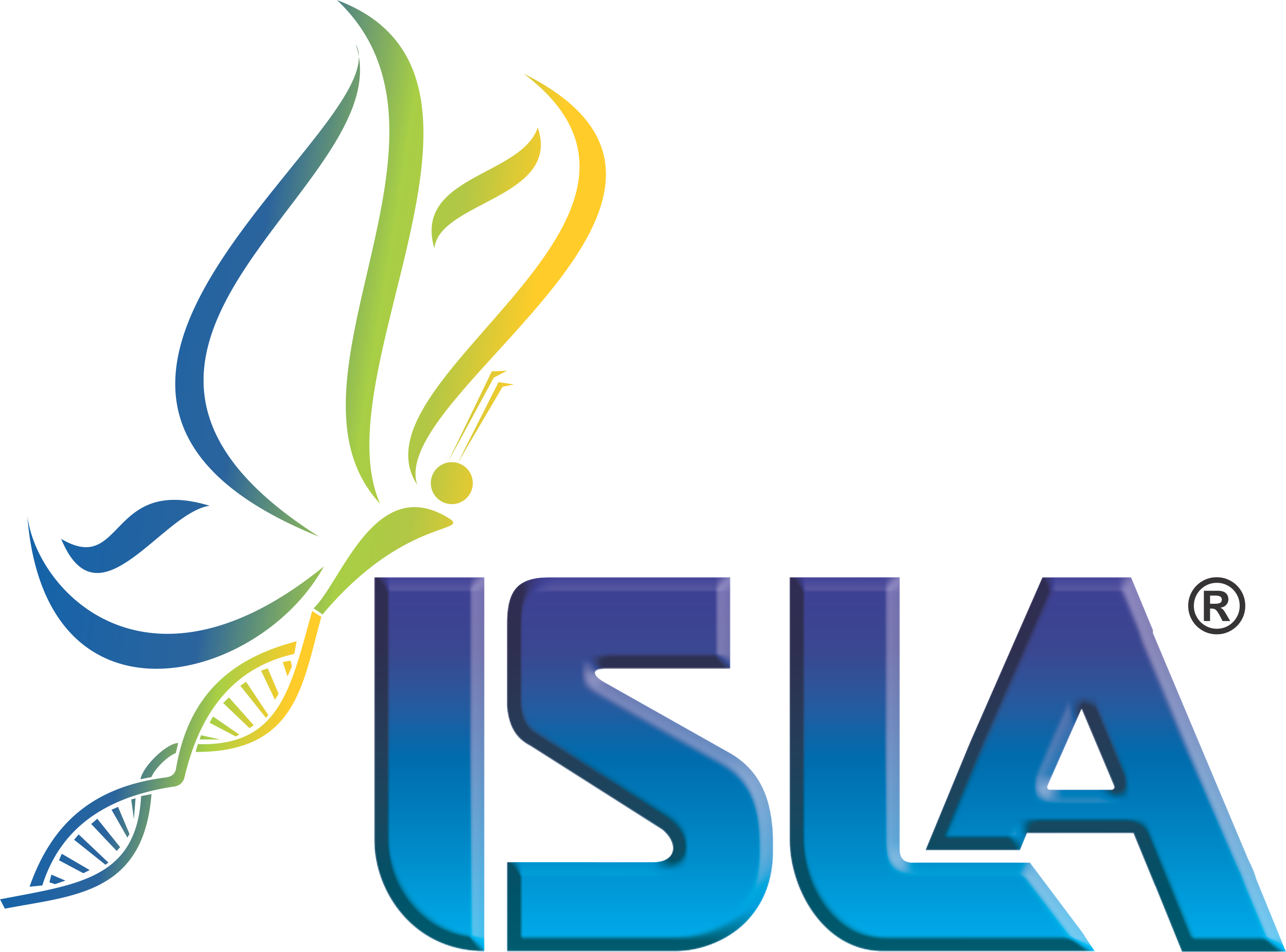


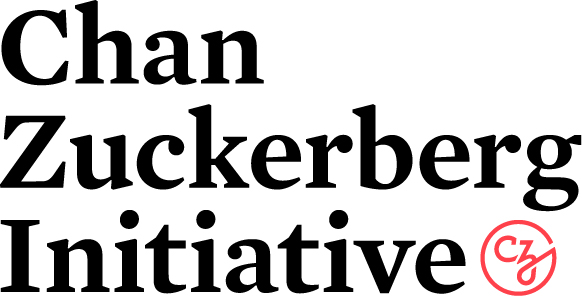
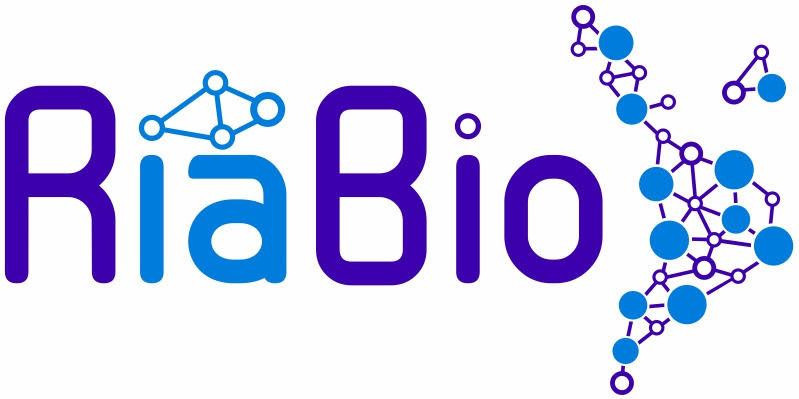


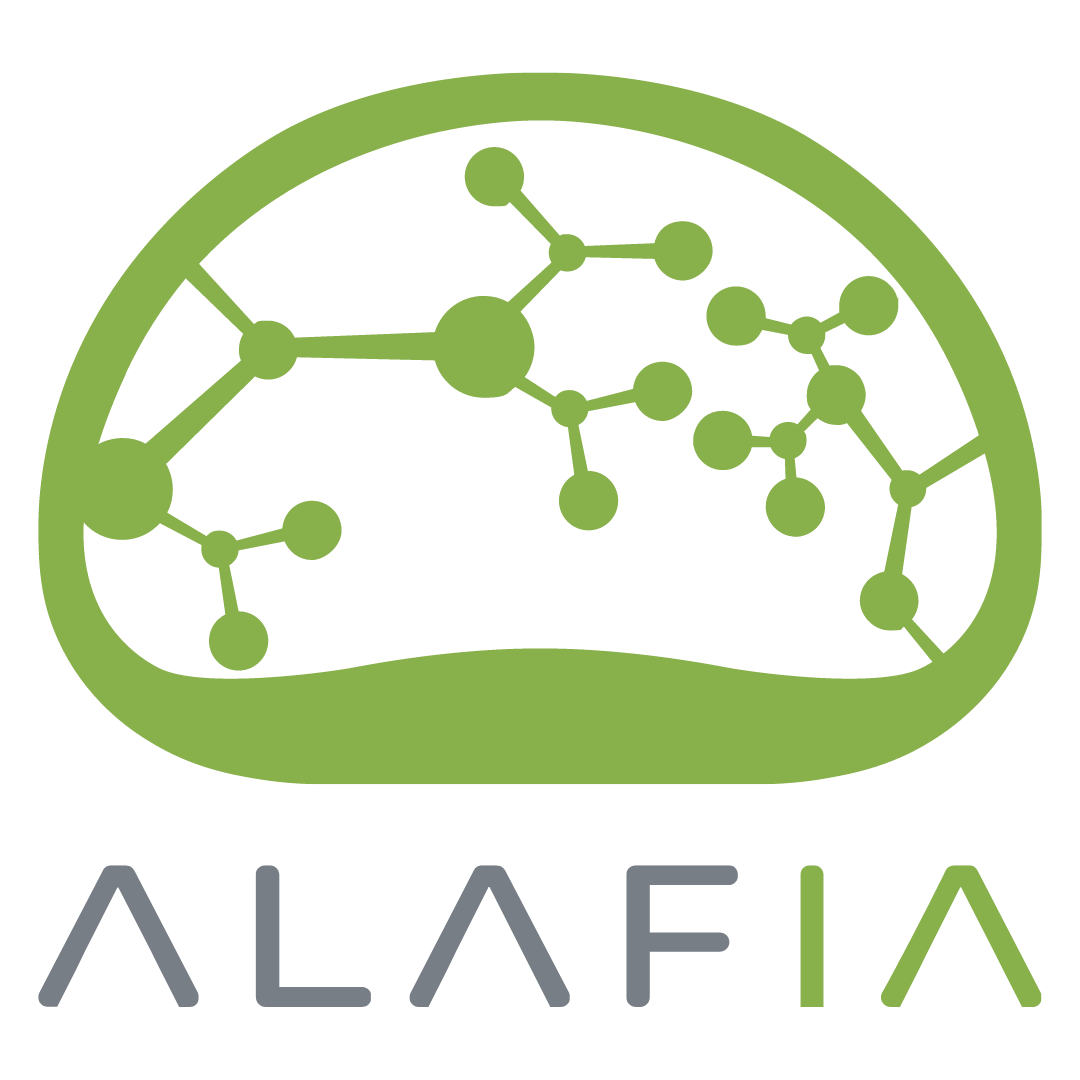
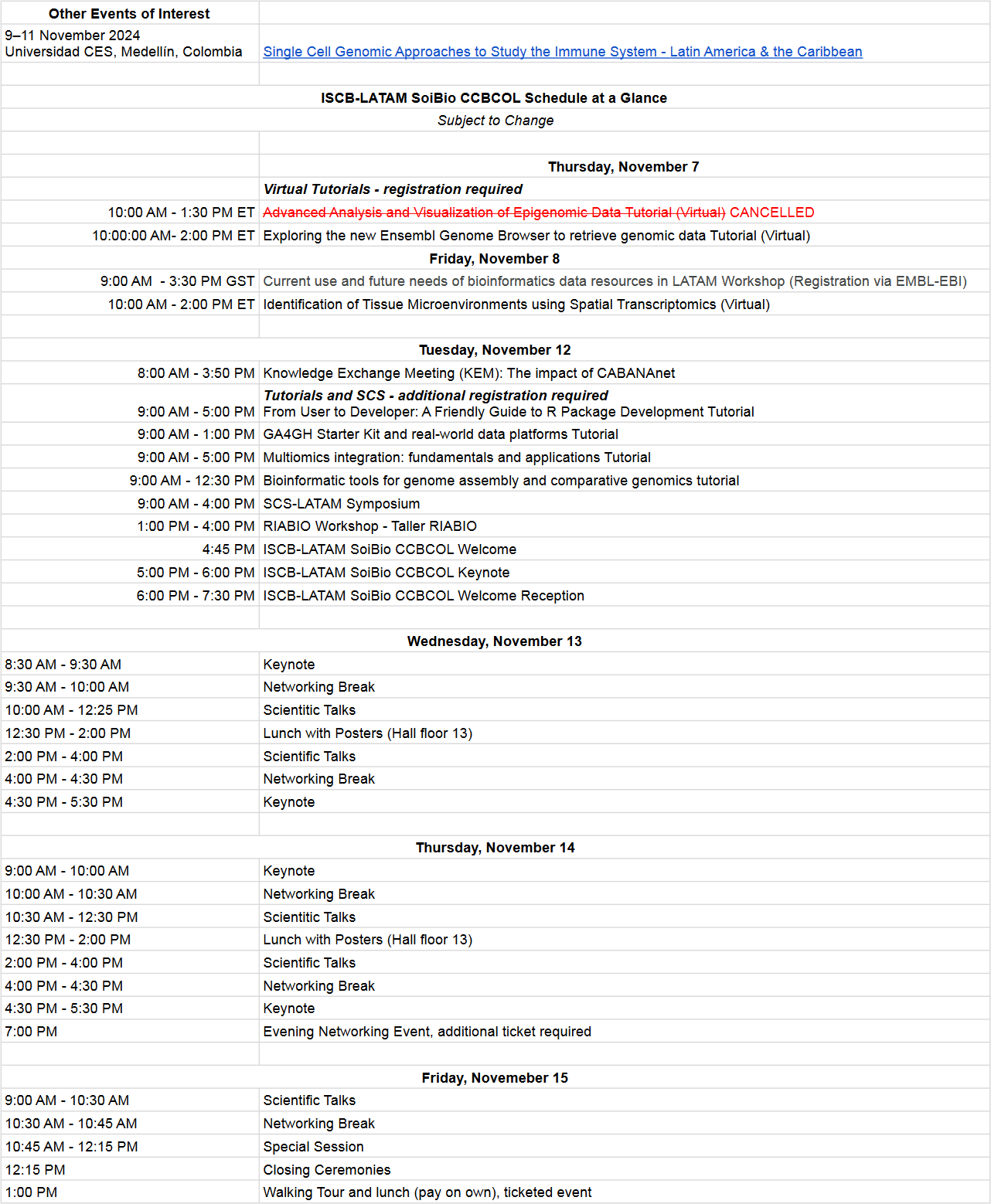
 Hotel Du Parc
Hotel Du Parc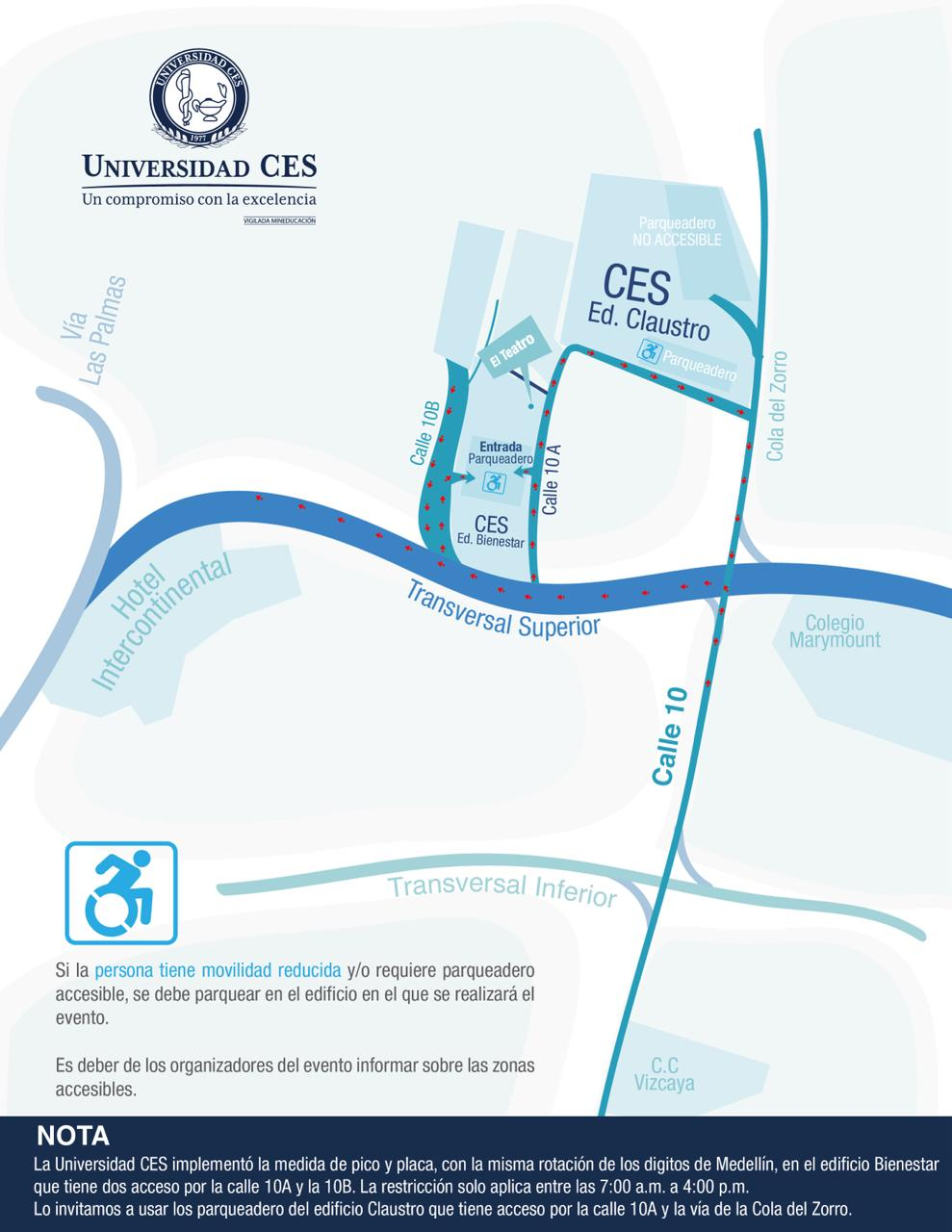
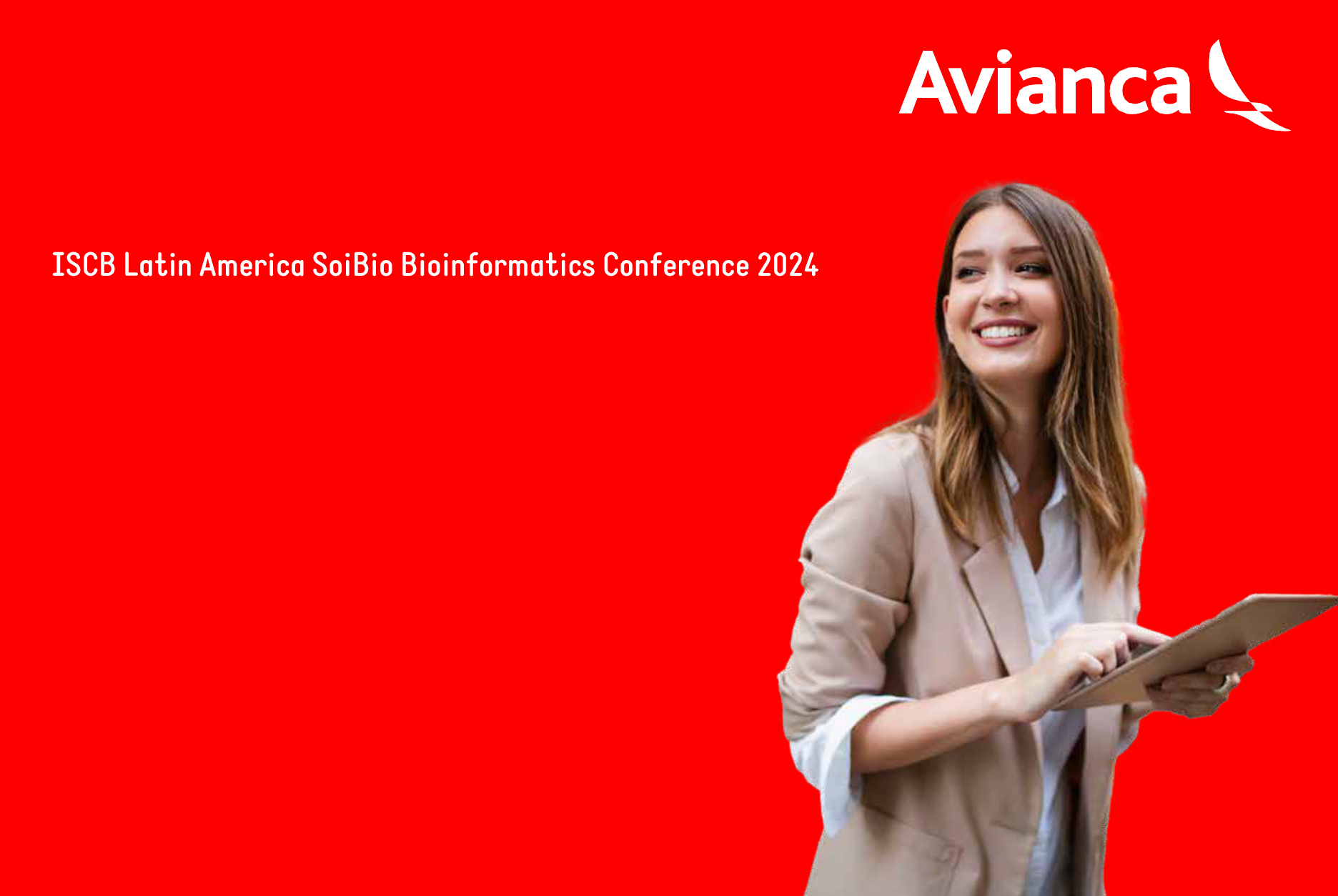
 Ana Tereza Vasconcelos
Ana Tereza Vasconcelos Javier De Las Rivas
Javier De Las Rivas Yesid Cuesta-Astroz
Yesid Cuesta-Astroz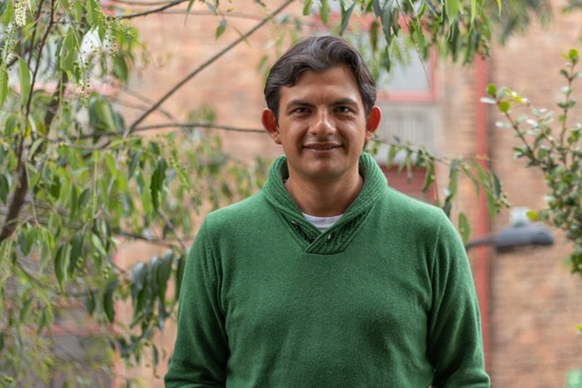 Alejandro Reyes Muñoz
Alejandro Reyes Muñoz Bel Hanson
Bel Hanson Diane Kovats
Diane Kovats Norma Paniego
Norma Paniego Rebeca Campos
Rebeca Campos Seth Munholland
Seth Munholland Vinicius Maracaja-Coutinho
Vinicius Maracaja-Coutinho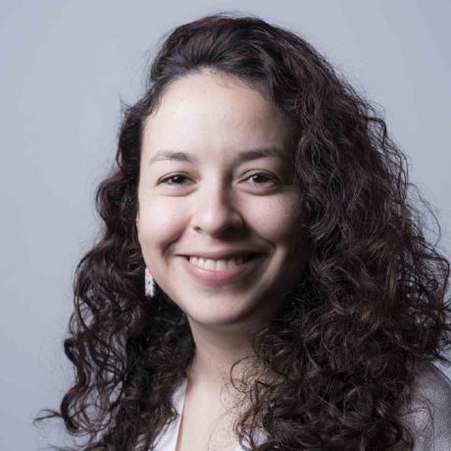 Yalbi Itzel Balderas-Martinez
Yalbi Itzel Balderas-Martinez Pierre Baldi
Pierre Baldi Maryam Chaib De Mares
Maryam Chaib De Mares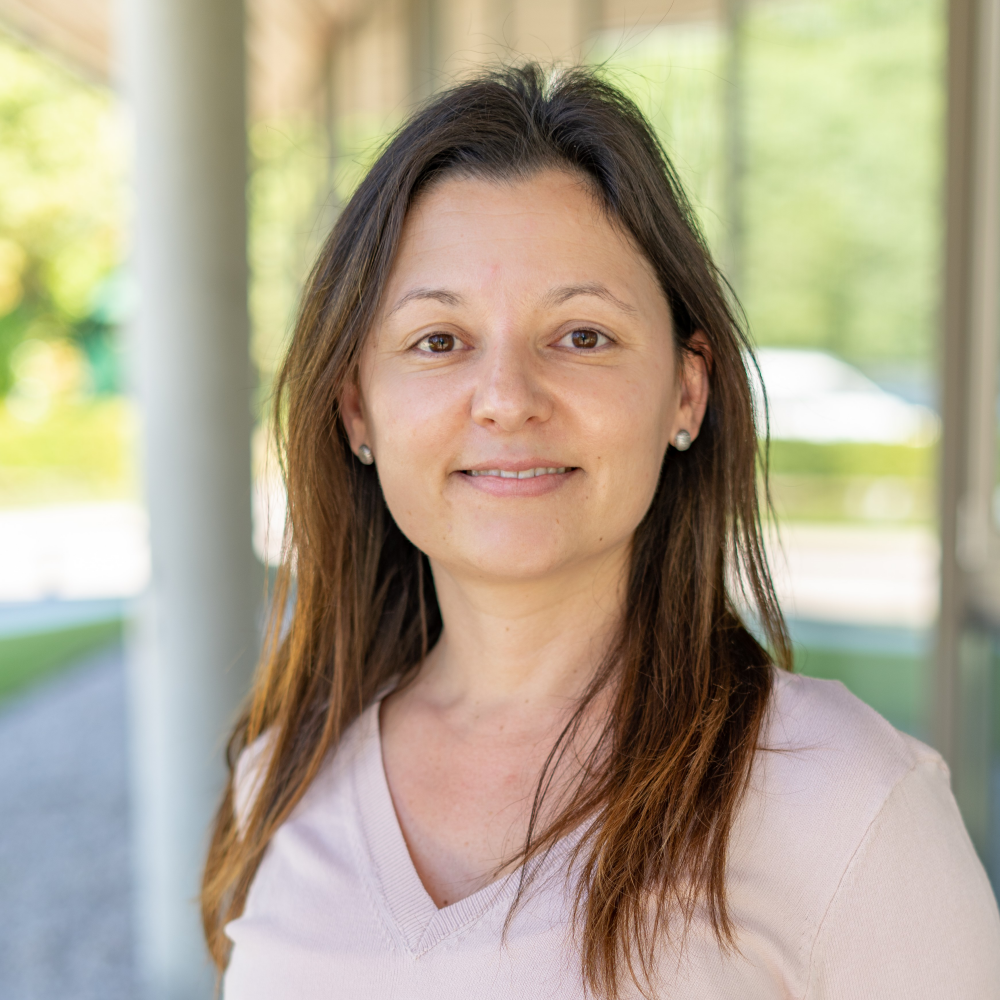 Valeria Faggioli
Valeria Faggioli Rob Finn, Ph.D.
Rob Finn, Ph.D.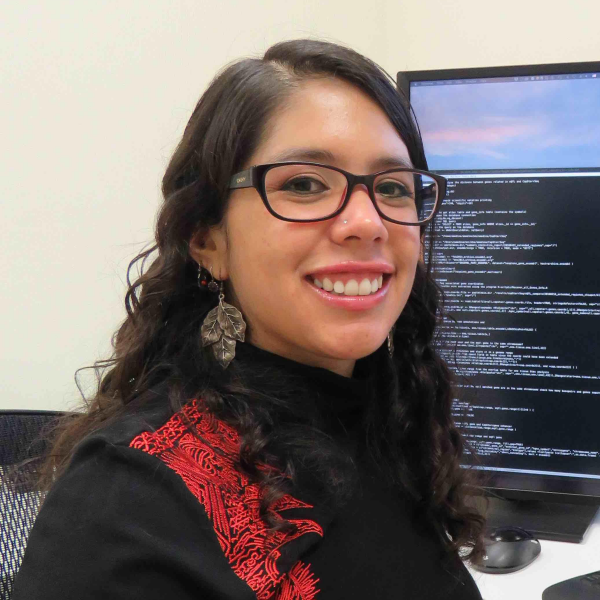 Alejandra Medina Rivera
Alejandra Medina Rivera Helder Nakaya, Ph.D.
Helder Nakaya, Ph.D. Gosia Trynka
Gosia Trynka



